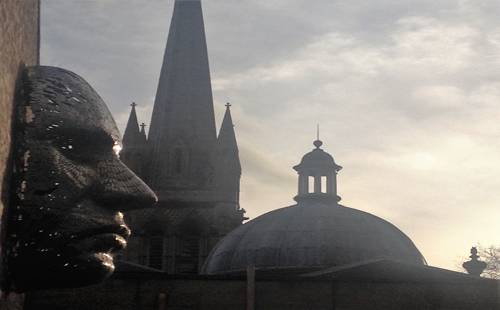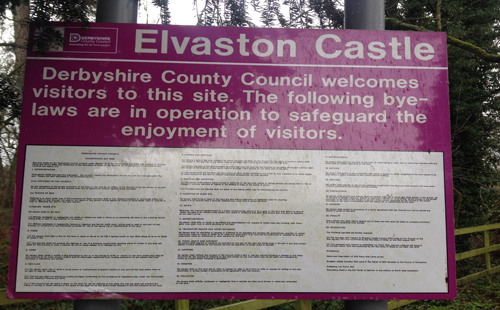Written by:
By Jeanne Booth
Stepping out of your front door to uneveness…
I stepped out of my front door this morning and watched as my elderly neighbour across the road tentatively negotiated the uneven pavement just outside hers. A fiercely independent piano teacher, now in her eighties, how long before the care needed to negotiate the short stroll to the shops will be too risky? How will that affect her physical and mental health, her soul, her contribution and visibility in our community? But what can I do? The holes and cracks and uneven pavements have been getting worse for years. Some may have been caused by the trees in my own front garden and that we have done something about. But this? Could I ask the builder doing my driveway to cross the road and level the pavement? Do I need permission for that? What would happen if we just did it?

What do we need permission to do?
But the unevenness is not just outside her door, it’s all the way to the shops at the end of the road and in the other direction, down to the park. My one-man builder couldn’t do all that nor could I afford to pay him to do so. But a few doors down there’s a building site. An entrepreneurial developer from Sussex used a helicopter to spot an in-fill site adjacent to my back garden and that of many neighbours on four sides. He cut down the row of beautiful tall trees, planted over a hundred years ago on what was old pleasure gardens, and built four half-a-million pound homes on that tiny land-locked square. His builders are just laying the access road. Could they not use their kit to level the pavement? Does he share any responsibility towards the community he has taken from and will profit from? Maybe that is somewhere in the deal that is done with the authorities but it doesn’t seem to get the pavement repaired. Should we be asking who has responsibility for doing it or who can do it?

Are there ways to harness self-interest and caring for others in shared places?
Later I visited one of those ‘retirement villages’ on the edge of town. Whilst my first thought was there couldn’t be anything much worse than living surrounded by an ageing community of people just like me, I could see what the developers are on to. Increasingly attracting downsizers looking for easy-to-maintain homes and to release money from their old ones to see children through university, start a new business, or provide for care needs in later life.
The imperative to have enough money to take care of your own and your family’s needs is also fuelling the growing legions of ‘buy-to-let’ landlords. But what responsibility does a buy-to-let landlord take for the shared spaces outside their properties? And isn’t it in those shared places that we connect and interact with others and build the relationships necessary to sustain us? Yes, there was something appealing about the village – the restaurant, the health club and broad, safe pathways crossing lovely communal gardens. I recalled how RIBA, Demos and Age UK have all highlighted the paucity of housing options for older people, with those at the top of the property ladder competing with first-time buyers for smaller efficient homes. Could there not be shared solutions? Could there be ways to harness what Bill Gates called ‘those two great forces of human nature’ – self-interest and caring for others?
As I struggle to find the words to grasp the concepts spinning in my mind, I’m looking out of my window at the night sky. The brilliance of many stars set in clear inky blue – a shared place that we each have to accept responsibility for and contribute to safeguarding.
Jeanne Booth is Chair of RSA East Midlands; an educationalist, businesswoman and former gallery owner, she is currently thinking about property development.
